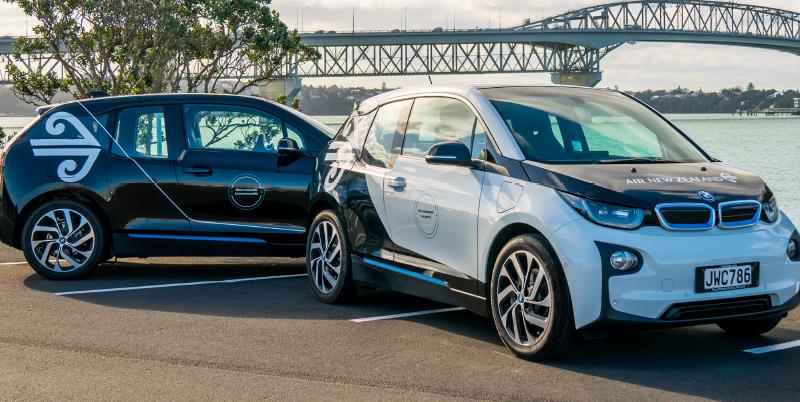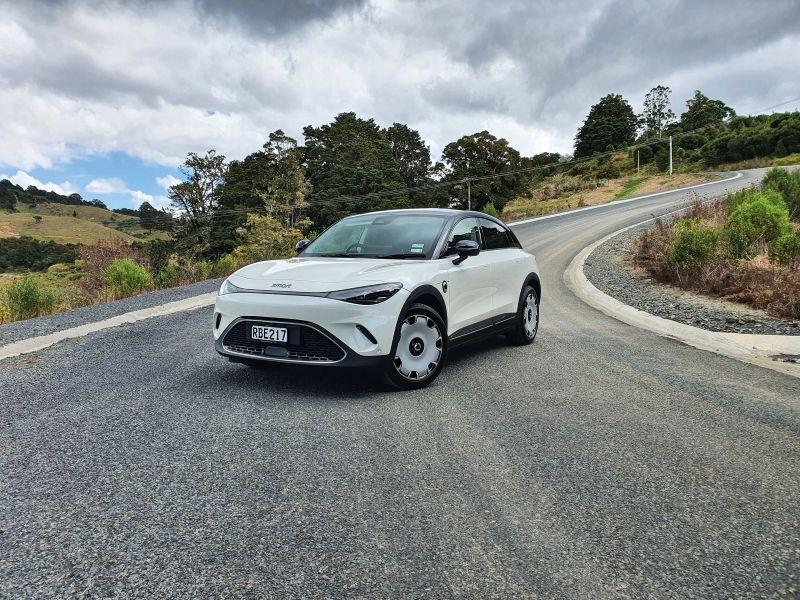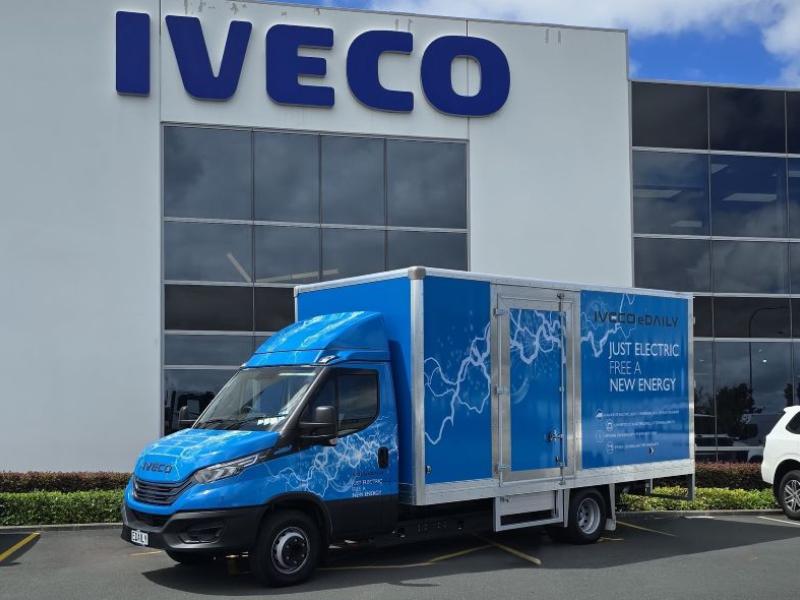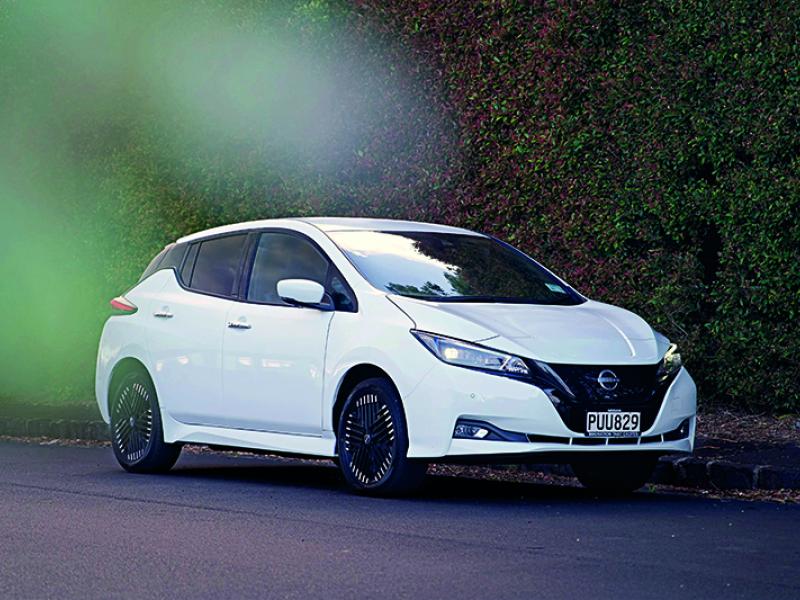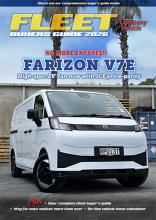Electric vehicles are leading the charge to more energy efficient fleets in New Zealand’s commercial sector. Glenn Baker reports on this rising phenomenon, and what it means for fleet managers.
You can highlight it, underline it, or draw a circle around it – there’s no denying that energy-efficient vehicles are here and they are the future. It’s as real as climate change, and the evidence is all around us, with electric vehicles (EVs) steadily gaining favour amongst company decision-makers.
It’s also true that in the fleet and leasing industry conversations around EVs are becoming an everyday affair.
Westpac CPO Rob Halsall, SG Fleet NZ GM Geoff Tipene, and Mark Gilbert – all board members of EV advocacy group Drive Electric – told NZ Company Vehicle that “working with customers and being in constant contact with distributors has given fleet management organisations (FMOs) a level of comfort when structuring lease programs around a customer’s EV aspirations”.
They believe this will continue and rentals will continue to become commercially competitive as new EVs are leased via FMOs. They also point out that there is a stronger realisation by many companies that their vehicle policies and sustainability goals are not aligned. This is also driving change.
Aside from the obvious savings in fuel and maintenance, another key benefit of converting fleets to EVs, whether wholly or partially, is that they switch from being a negative contributor to sustainability to something that directly contributes positively to company sustainability strategy – as well as the community.
Drive Electric also believes it could lead to improved employee engagement, with employees becoming advocates for the environment.
Other considerations include the fact that today’s second-generation EV designs are far more mainstream and desirable (who doesn’t pay attention when a new Tesla X glides by?) and the elimination of two tonnes of released carbon for each ICE (internal combustion engine) vehicle you trade for an EV.
The EV future is looking bright. New models and batteries, lower RRPs and extended range should settle any ‘whole of life’ comparison argument with ICE vehicles.
With greenhouse gas emissions firmly in the cross-hairs and a target set for 2050, the government will need to start on its plan. Road-user charges may start to be linked to fuel efficiency – and that could mean a higher standard of import and a younger national fleet. Expect some behavioural changes as a result of government actions too. This government appears keener to push the uptake of EVs. The Low Emission Vehicles Contestable Fund, managed by EECA, is demonstrating what’s possible in terms of EV technology for commercial fleets. Successful fund applicants are creating case studies that EECA can share with the business community.
The fund is also encouraging businesses to apply for co-funding to introduce EVs in sectors where the technology is still relatively unproven.
The top down
A number of New Zealand’s bigger companies, Westpac and Mercury included, have CEOs keen to promote EVs, and last year publicly committed to converting 30 percent of their fleets by 2019. Mercury is already 70 percent through its conversion.
More than 30 organisations have committed to some EV conversion by 2019. As Drive Electric points out – this sends a really clear message from within ‘NZ Inc’.
It has advice for fleet managers looking to become a satisfied EV owner or lessee?
First – experience what it’s like to be behind the wheel of one.
Then, discuss how you’d like to use the EV with your preferred fleet management company. What is its application? Will the EV be fit-for-purpose?
Structure a lease that best optimises the EV investment.
Early engagement with HR and Properties teams is also desirable, to ensure your people and infrastructure are aligned; and be clear on the TCO within your company environment to enable improved investment decision-making.
Finally, EV investment could also require a leap of faith given most fleet managers’ KPIs are linked to best transactional pricing on the day; not the TCO over three to five years. This requires re-education of the fleet manager and re-orientation and re-engineering of the fleet costing model.
There are a number of ideas aimed at boosting the sales and leasing of EVs to companies. One of Drive Electric’s is called Project Switch – switching an ICE vehicle for an EV. In essence the incoming fleet EV adopts the FBT of the outgoing ICE vehicle. It’s ostensibly revenue neutral to government; costs neutral to the company and achieves a change in the fleet make-up.
A word from suppliers
Compared to New Zealand the Australian market has been dragging its heels on
EVs. Warren Willmot, sales and marketing manager at Great Lake Motor Distributors, importer of the Chinese-built LDV EV80 (a large commercial van), says right-hand-drive commercial EVs are therefore being sourced via the UK. He has a demo EV80 in the country (see review on page 30), and ten arriving at the end of May to fill corporate orders. He says feedback’s been extremely positive.
“Our customers want to improve their emissions and market themselves as green leaders. Lease companies have been cautious, as they have yet to ascertain resale values.”
Willmot says EV commercial investors also need to think about infrastructure (Vector’s free rapid chargers in Auckland are for non-commercial use).
“For full fast charging, it’s ideal to have three-phase power at the business’s depot. Charging options range from around $2500 up to $35,000.”
Meanwhile, Tony Johnston, national fleet sales manager at Mitsubishi Motors New Zealand, which distributes the Outlander PHEV (plug-in hybrid electric vehicle), is still hopeful the government will waive the FBT on EVs and PHEVs “for either a certain period of time or certain number of vehicles”.
“At the very least the FBT value could be equalised against another model in the distributor’s range, which would be easy to do in our case. At least this way the customer is not penalised for taking the more environmentally-friendly option.”


